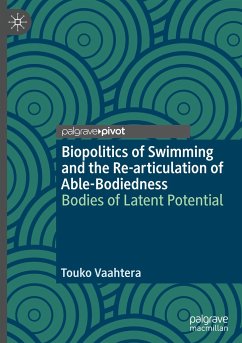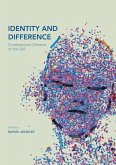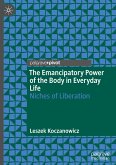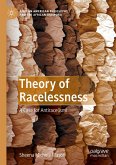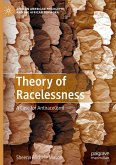In this book, Touko Vaahtera explores how "bodies of latent potential," a cultural attachment to the idea of body as potentiality, carries with it hierarchizing hopes about better bodies. Vaahtera combines disability studies, cultural studies, feminist science studies, transgender studies, post-colonial studies, and Foucauldian genealogy to offer a provocative approach that interrogates capacities and capabilities as obvious frameworks for thinking about the body.
Vaahtera explores how swimming skills emerged as a specific biopolitical question in Finland, a country that has been described as the "Land of a Thousand Lakes." Through a profound cultural analysis focusing both on Finnish cultural texts on swimming as well as manifold more globalized texts, Vaahtera considers how the legacy of eugenics and colonialism, the hopes of civilization, and homogenizing assumptions about bodies frame how we think about human capacity.
Vaahtera explores how swimming skills emerged as a specific biopolitical question in Finland, a country that has been described as the "Land of a Thousand Lakes." Through a profound cultural analysis focusing both on Finnish cultural texts on swimming as well as manifold more globalized texts, Vaahtera considers how the legacy of eugenics and colonialism, the hopes of civilization, and homogenizing assumptions about bodies frame how we think about human capacity.

